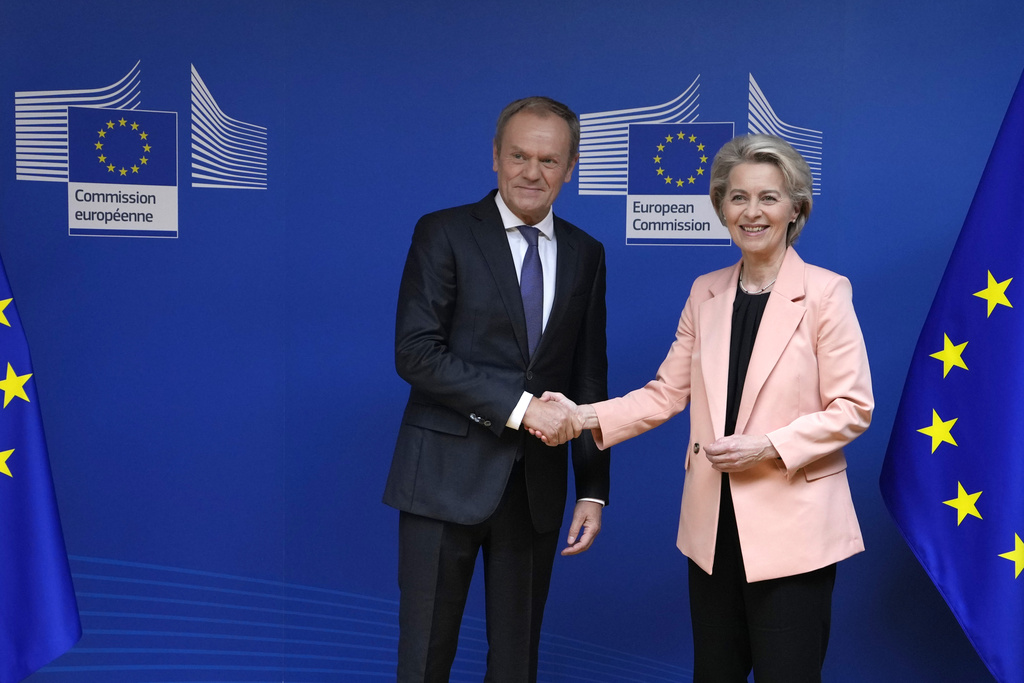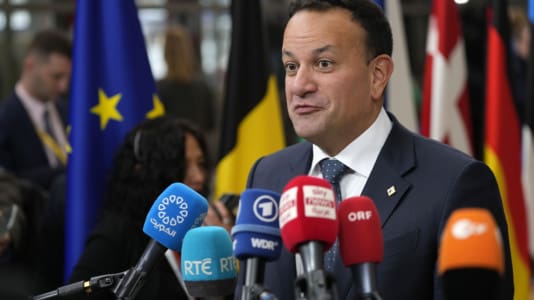A considerable majority of Polish voters, despite whom they supported in the recent elections, are likely unaware of the ongoing processes within the European Union and the potential decisions that may arise in the coming months.
One such crucial process is the report produced by the German-French working group in the European Parliament. This report has largely gone unnoticed in Poland, but its recommendations could profoundly transform the EU, pushing it closer to a federal state structure.
Among the proposed changes are the practical elimination of the veto right — even in defense and foreign policy matters — and the expansion of the bloc. The report also suggests reducing the number of European Commission members, altering the representation of countries in the European Parliament, and making it easier to sanction countries that breach the rule of law.
Interestingly, these proposals and their implications have been scarcely discussed by political parties in Poland, except for the right-wing Confederation. Both the outgoing and incoming governments find these changes uncomfortable.
The outgoing Polish government, under Prime Minister Mateusz Morawiecki, made numerous claims against the deepening integration but failed to halt its progress. Yet, ironically, when the Law and Justice (PiS) party politicians began warning against federalization, their objections seemed almost laughable considering their past decisions, including agreements on the “money for rule of law” mechanism.
For the incoming government, the challenge lies in their pro-integration stance, which often overlooks elements of EU policy detrimental to Poland’s interests.
On Wednesday, the Legal Affairs Committee and the Committee on Constitutional Affairs of the European Parliament voted overwhelmingly in favor of prioritizing EU law over national law. This move could impact not just Poland but other EU member states that have maintained that their national law precedes EU law.
On the same day, “Donald Tusk, leader of the Civic Platform (PO) and a potential future prime minister, visited Brussels and voiced his opinion on the proposed EU changes. He commented that “the EU does not need systemic revolutions,” despite the positions of France and Germany. This statement offers a glimmer of hope that Tusk might exercise caution regarding treaty changes.
Additionally, Tusk’s meeting with European Commission President Ursula von der Leyen, focused on obtaining funds for the Recovery Fund (KPO), appeared more theatrical, aiming to put pressure on Polish President Andrzej Duda to task Tusk with forming the next government.
If Tusk is merely an executor of Berlin’s instructions, as some PiS politicians suggest, it might seem reasonable to despair. However, during the migration crisis when Tusk led the European Council, he was not entirely supportive of the forced relocation initiative. Tusk’s recent statements provide a slight hope that he might be cautious about the EU’s proposed changes.
Given the choices of the electorate — possibly unaware of the full implications of their decisions — it’s essential to build momentum on existing stances.





